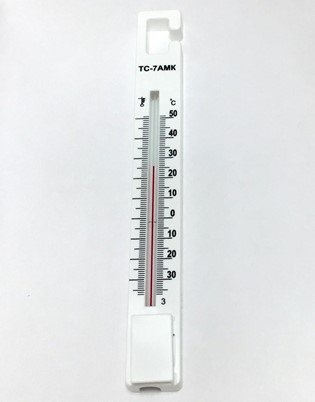New Zealand: Farmers face the highest on-farm inflation since the early 1980s.

Industry organization Beef + Lamb New Zealand (B+LNZ) report on farm inflation shows a 40-year high of 16.3 percent, two and a half times the consumer price inflation rate of 6.7 percent.
In March, B+LNZ forecast a 30 percent decline in average farm profits, based on an assumed on-farm inflation of 12-13 percent, but recent data means farm profits are likely to fall further.
The jump to 16.3 percent for sheep and beef farms between March 2022 and March 2023 follows a 10.2 percent increase from the previous 12-month period and a 31.1 percent rise over the past five years.
“We thought last year was bad, but this is the highest inflation rate on farms for sheep and beef farmers in 40 years since 1981-82, when farm inflation was 17.1%,” says B +LNZ Andrew Burtt. .
“Spending has increased across the board this year. The largest increase occurred in interest on loans (+86.5 percent), which largely contributed to the overall increase in on-farm inflation, since it is 10.9 percent of total household expenditures.
“Floating interest rates doubled from March 2022 to March 2023, while fixed and overdraft interest rates increased by about 50 percent. Feed and grazing (+14.8 percent) and fertilizer, lime and seeds (+14.0 percent) were the next two largest increases for the year.”
As inflation erodes farm profitability, farmers continue to tighten their belts. Burtt says debt servicing is non-negotiable, meaning farmers are looking to cut costs in other areas.
“This will have a bad impact on our rural communities as services and agricultural resources will be cut. With uncertainty about New Zealand's regulatory requirements and economic outlook, the focus is on the basic 'mandatory' expenses on the farm,” he says.
B+LNZ CEO Sam McIvor says the serious financial challenges faced by farmers, many of whom are also working to rebuild farms after Cyclones Hale and Gabriel, are another reason why the government should put the brakes on a range of environmental policy changes .
“Financial pressure is a challenge. A whole generation of farmers have not worked with this level of inflation, and the situation is further aggravated by unenforceable environmental regulations,” he says.
“When farmers are affected in this way, it has a domino effect on the economy as a whole, including farm service businesses such as veterinary clinics, trucking companies, shearers and many others. It also affects the businesses that farmers spend their family income on . The government must support a sector that provides almost one in five dollars New Zealand earns from exports so that farmers can weather this financially challenging time, plan ahead and ensure that their businesses are sustainable in every sense of the word.”




























































